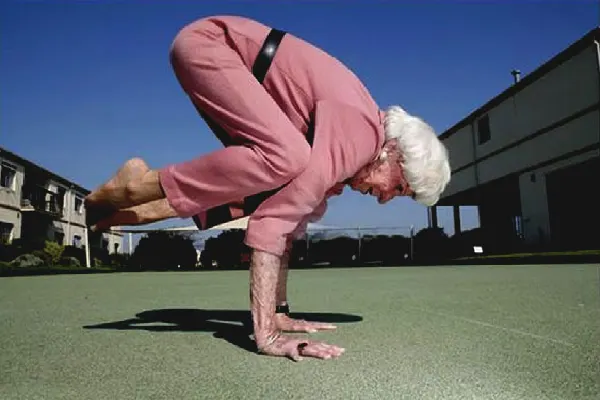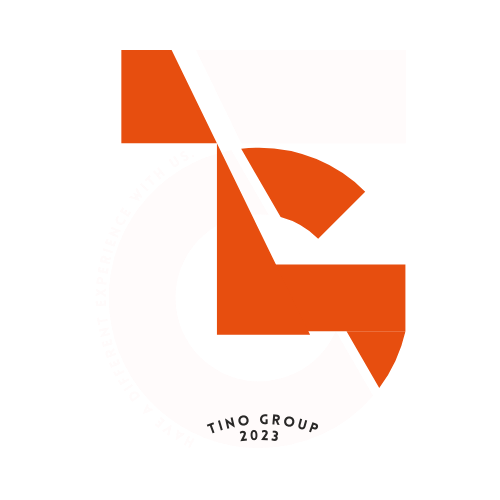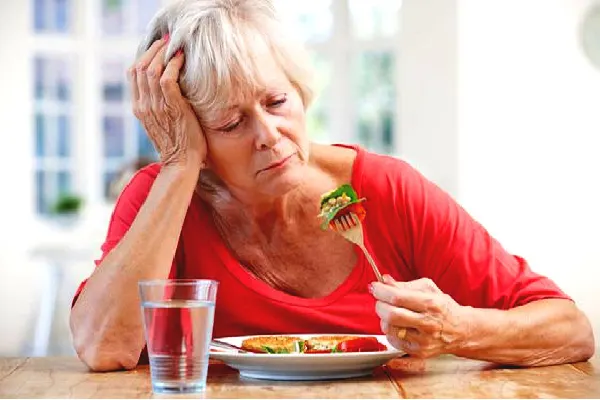Step for Weight loss diets for the elderly
Although maintaining a healthy weight is important at any age, aging brings its own challenges.
1. Muscle building
We naturally lose muscle mass by aging, which can lead to metabolism reduction and weight gain. To cope with this issue, it is important to do strength training regularly. You can use weights, bodybuilding equipment, or even your own body weight to perform exercises such as yoga or Pilates. Muscle mass maintenance helps you to burn more calories and keep your fitness.
2. Increased protein consumption
Along with muscle building, consuming enough protein is considered necessary for the individuals aged above 60 years. Protein helps to maintain muscle mass, make you feel full longer, and decrease the desire to snack. Great sources of protein include:
- Wild salmon
- Whole eggs
- Organic whey protein powder
- Grass-fed beef
It is recommended to consume one gram of protein per kilogram of body weight daily.
3. Hydration
Although drinking enough water is essential for health at any age, it is especially important for the elderly. In fact, the feeling of thirst gradually reduces by aging, and consequently the risk of dehydration increases. Dehydration can cause fatigue, constipation, and dizziness.
- The goal is to drink eight glasses of water (about 2 liters).
- You can drink water directly or get the required water from watery fruits and vegetables such as watermelon, cucumber, and lettuce.
- The color of your urine is the best indicator of your body’s hydration level. Your urine should be pale yellow.

4. Regular meals
To maintain an active metabolism and prevent overeating, it is recommended to eat small meals and snacks throughout the day instead of three heavy meals. Do not go without food for more than three hours.
A high-protein and low-calorie diet is an effective way to lose weight in the individuals of over 65 years of age.
The results of a recent study represented that a high-protein and low-calorie diet can help obese older individuals to lose more weight, maintain muscle mass, and improve bone density.
Weight loss in old age has its own challenges. The elderly people often experience the loss of muscle mass and bone density while trying to reduce weight. This issue can be associated with movement problems, as well as a higher risk of injury.
Based on the results of a recent study at Wake Forest University in Winston-Salem, North Carolina, a high-protein and low-calorie diet can assist adults in overcoming these challenges.
Four research articles from this study were accepted as authoritative sources in prestigious journals such as Journals of Gerontology: Medical Sciences and American Journal of Clinical Nutrition.
Why is this diet effective?
- More satiety: Protein makes you feel fuller, which can naturally contribute to reduced calorie consumption and weight loss.
- Muscle maintenance: Consuming adequate protein is necessary to maintain muscle mass during weight loss, which in turn helps to keep metabolism and physical strength.
- Bone health improvement: Some researchers have reported the usefulness of high-protein diets in maintaining bone density and decreasing the risk of osteoporosis.
Related content: Weight-loss medications
Key tips for the elderly
- With age, nutritional needs change and there may be a need to adjust diet.
- Muscle mass naturally reduces by aging and older individuals burn fewer calories than when they were young.
- It is essential to focus on nutrient-rich foods such as fruits, vegetables, whole grains, lean meats, seafood, chicken, eggs, legumes, and low-fat dairy products.
- Food Portion control is especially important for the elderly who may eat more than they need.
- Cooking for smaller meals can be challenging. Thus, preparing food in advance and freezing it for later can be a suitable solution.
Reviewing the best weight loss programs for the elderly
Selection criteria
Our research team has selected the best weight-loss programs for the elderly based on the following criteria:
- Focusing on creating healthy habits: The program should focus on making sustainable changes in lifestyle such as a healthy diet and regular physical activity.
- Appropriate dietary programs: The program should offer a wide range of the diets appropriate to different dietary needs.
- Ongoing support: The program should provide ongoing support such as personal or group coaching to help individuals on their weight loss path.
- Usability: The program should be easy-to-use and user-friendly.
- Cost: The program should be affordable and fit the budget of the elderly.
The best programs
1. Mediterranean diet
The Mediterranean diet, known for its emphasis on fruits, vegetables, whole grains, legumes, nuts, seeds, and healthy fats (e.g., olive oil), is associated with numerous health benefits like weight loss. Additionally, this diet is praised for anti-inflammatory effects, as well as its potential to support heart and brain health.
2.Dietary Approaches to Stop Hypertension (DASH) diet
Although the Dietary Approaches to Stop Hypertension (DASH) diet is designed to reduce high blood pressure, it is also useful for weight loss. This diet emphasizes the consumption of fruits, vegetables, whole grains, and low-fat dairy products while limiting sodium, red meat, and saturated fat.

3. Flexitarian diet
The flexitarian diet is a type of vegetarian diet that is mostly plant-based, but occasionally includes meat, chicken, or fish. This flexibility can attract the attention of the elderly looking to transition to a vegetarian diet without completely eliminating animal foods. The flexitarian diets are often rich in fiber and nutrients and can assist with weight loss and overall health improvement.
4. Mindful diet
The mindful diet focuses on mindful eating without distractions, which involves paying attention to hunger and satiety, as well as enjoying the taste of food. The mindful diet can help individuals to establish a healthier relationship with eating and make healthier food choices, which can lead to weight loss.
5. Okinawa diet
The Okinawa diet is based on the traditional foods of Okinawa islanders in Japan, who are known for their long-term rate of health and longevity. It is rich in fruits, vegetables, whole grains, legumes, and soybean while limiting processed and red meat. This diet can help to reduce weight, lower the risk of chronic diseases, and increase longevity.
Conclusion
Weight loss is a long-term process. With patience, persistence, and positive lifestyle changes, you can achieve your desired weight and enjoy better health in old age.
The results of the present study suggested the usefulness of a high-protein and low-calorie diet for healthy weight loss and health maintenance among the elderly.
It is worth noting that this information is for educational purposes only and should not be considered an alternative for medical advice. Consult a doctor or nutritionist to get a personalized dietary program tailored to your needs.

